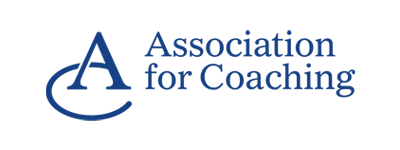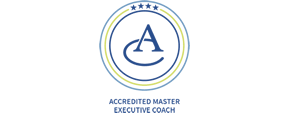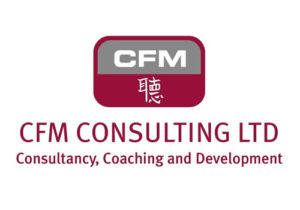The purpose of the competence framework is to provide a description of a mentor/coach at four distinct levels of development in order to help mentors/coaches understand their level of development and Training Providers evaluate the effectiveness of their programmes through the mentor/coaching performance of their students. The competence indicators are examples of behaviours or principles of the coaching profession that meet the eight competence categories. The competence framework also provides an assessment tool that allows an experienced assessor to:
- Evaluate the behaviours of a mentor/coach
- Categorise the level that the mentor/coach is operating at (EIA Level Descriptors)
The four levels (European Individual Award)
Foundation
- Individuals with an understanding of the practice of mentoring/ coaching and having the core skills of mentoring/coaching.
- Likely to be working with others using mentoring/coaching conversations to support and encourage development of skills/performance.
- Individuals who use a mentoring/ coaching approach within their own field/role and clearly understand how their mentor/ coach role integrates with their vocational roles.
Practitioner
- Mentors/coaches who may either be working as an internal mentor/ coach, use mentoring/coaching as a significant part of their main job or starting up as an external mentor/coach.
- Likely to be working with a small range of clients or contexts and possibly within own area of experience to improve performance, build confidence and stretch capability.
- Method of working typically involves application of a coherent model based on one or more established ones.
- Using reflective practice with supervision to identify the salient points in their client interactions, in sensory detail, to identify, implement and evaluate specific behavioural changes to their practice.
Senior Practitioner
- Professional mentors and coaches who draw on a range of models and frameworks and connect with new ideas into their own approach.
- They role-model good practice.
- Likely to be working with a range of
- clients, contexts and organisations.
- The focus of work is building capacity for progression, managing complex and challenging relationships, working with ambiguity and change.
- Likely to be working fluidly in the moment, with varied and often complex client issues in demanding contexts.
- Using reflective practice with supervision to identify the salient points both in their client interactions and across their practice, in sensory detail, to identify, implement and evaluate specific behavioural changes to their practice.
Master Practitioner
- Professional, experienced and expert mentors/coaches who create their own innovative approach based on critical evaluation on a wide range of models and frameworks.
- Likely to work with clients using their skills/experience flexibly to widen clients perspective beyond the current ‘issue/context’ and thus stretching their learning and development.
- Method of working typically involves creating innovative approaches tailored to the requirements of each client.
- Actively contributes to the professionalisation and the evolution of the mentor/coach field. Contributions could include:
− Developing models and tools
− Publishing about the profession
− Supervision of peer mentors and coaches
− Education of other mentors and coaches
– Developing the work of a recognised mentoring/coaching professional body.
- Using reflective practice with supervision to identify the salient points both in their client interactions and across their practice, in sensory detail, to identify, implement and evaluate specific behavioural changes to their practice that are also shared as possible improvements of the coaching process.
Eight mentoring/coaching competence categories
- Understanding Self
Demonstrates awareness of own values, beliefs and behaviours; recognises how these affect their practice and uses this self-awareness to manage their effectiveness in meeting the client’s, and where relevant, the sponsor’s objectives.
- Commitment to Self-Development
Explore and improve the standard of their practice and maintain the reputation of the profession.
- Managing the Contract
Establishes and maintains the expectations and boundaries of the mentoring/coaching contract with the client and, where appropriate, with sponsors.
- Building the Relationship
Skilfully builds and maintains an effective relationship with the client, and where appropriate, with the sponsor.
- Enabling Insight and Learning
Works with the client and sponsor to bring about insight and learning.
- Outcome and Action Orientation
Demonstrates approach and uses the skills in supporting the client to make desired changes.
- Use of Models and Techniques
Applies models and tools, techniques and ideas beyond the core communication skills in order to bring about insight and learning.
- Evaluation
Gathers information on the effectiveness of own practice and contributes to establishing a culture of evaluation of outcomes.





